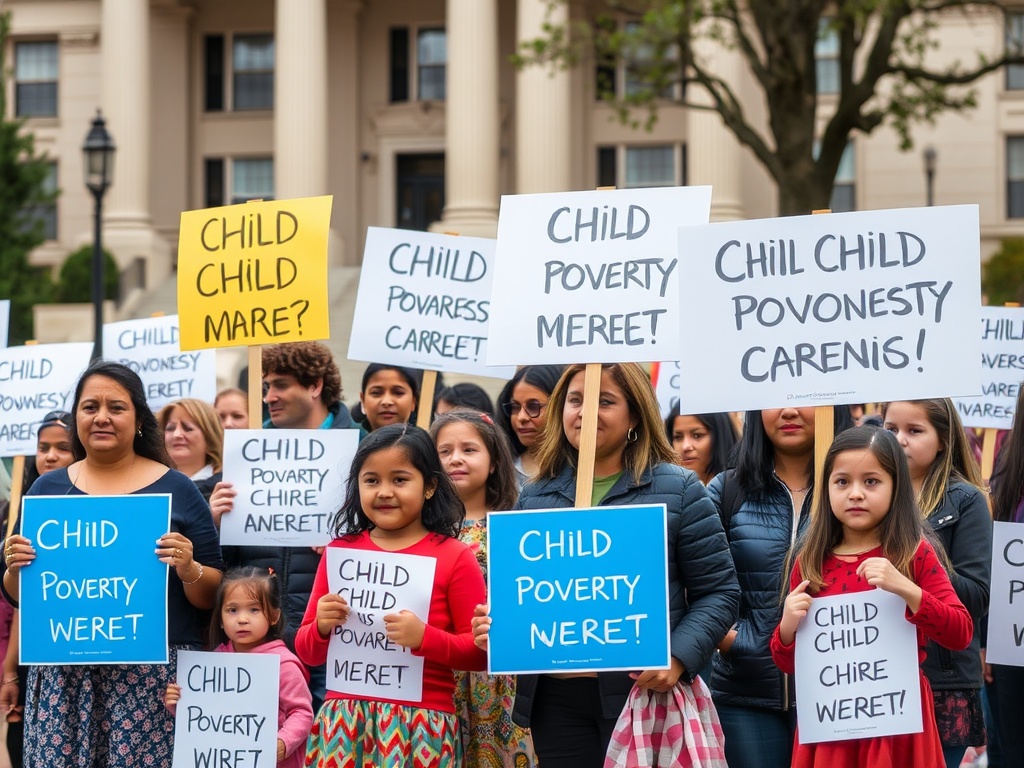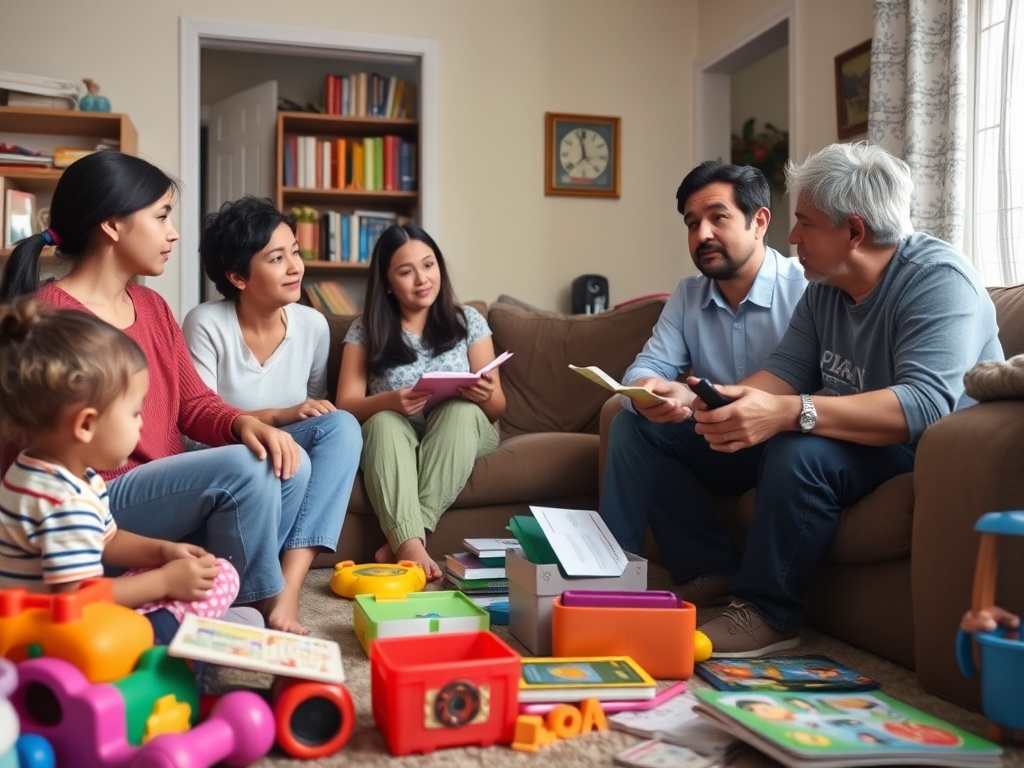Government Faces Rebellion Over Two-Child Benefit Cap

The Government is currently grappling with rising tensions surrounding its long-promised strategy to combat poverty, particularly regarding the controversial two-child benefit cap. If this strategy fails to include a definitive plan to abolish the cap, it is likely to incite a broader rebellion among MPs.
According to sources from The i Paper, numerous MPs who previously remained silent on the Government’s refusal to eliminate the benefit limit following the election are prepared to confront ministers. Their challenge hinges on the forthcoming child poverty strategy. There is a growing consensus among Labour MPs and insiders regarding the overwhelming support for completely scrapping the cap, which has emerged as a unifying issue across different factions within the parliamentary party.
Moreover, there has been resistance to any suggestions that a compromise—such as increasing the cap to accommodate three children—would appease disgruntled MPs. Many argue that if the Government attempts to implement such a compromise, it could provoke an even greater backlash.
The benefit cap, which restricts parents claiming universal credit from receiving additional welfare support for more than two children, has sparked significant discontent. In the summer of 2024, seven MPs were suspended from Labour for voting against the King’s Speech in a rebellion against the decision to maintain the two-child cap; four of these MPs have since had the party whip restored.
Labour insiders indicate that there are many more MPs who, although they chose not to rebel at the time, are now prepared to oppose the Government if the child poverty taskforce does not recommend the removal of the cap. Initially, forty Labour MPs abstained from voting on the issue. Many of these MPs expressed frustration over the lack of progress on the matter, especially considering their desire to see effective measures against child poverty.
One MP commented to The i Paper, stating that “a lot of MPs” are eager to see an end to the cap and are “deeply concerned by the levels of child poverty.” The MP elaborated that many abstained from voting against the measure during the King’s Speech because they were hopeful that the Child Poverty Task Group would yield recommendations aimed at lifting children out of poverty. Without removing the cap, the Government’s objectives are unlikely to be realized.
Another source revealed a “huge amount of discontent and frustration” among MPs who feel that the Government has not provided adequate reassurances regarding its plans to address inequality and poverty. “We still don’t have a publication date for the child poverty strategy, but if the two-child cap is not lifted, or if there’s an attempt at a half-measure, there will definitely be trouble,” they warned.
Despite fears following the suspension of the seven MPs, many lawmakers are beginning to focus on the upcoming election and the steps necessary to secure their positions. The ministerial taskforce that is reviewing strategies to alleviate child poverty is expected to present the Government’s approach in the spring, although no specific date has been confirmed, and MPs have not been promised a vote on the plan.
Recent reports from Politico suggested that some MPs think raising the cap could serve as a compromise. However, a Labour source dismissed this notion as “ridiculous,” asserting that any attempt to play politics with the policy would be met with significant backlash.
The cap has been correlated with increased rates of child poverty among families with three or more children, as noted by various experts. Removing it could incur a cost of up to £3.5 billion, a figure that Chancellor Rachel Reeves and Prime Minister Sir Keir Starmer argue current public finances cannot accommodate.
Instead, the Government has initiated the taskforce to guide its long-awaited child poverty strategy, which has not ruled out potential adjustments to the cap or other welfare measures aimed at reducing poverty. The taskforce is also exploring additional avenues to support families, such as lowering the cost of living essentials, assisting parents in securing better-paying jobs, and enhancing public services.
A recent report by the Joseph Rowntree Foundation (JRF) highlighted that merely pushing for economic growth—currently the Government’s central policy—is insufficient for alleviating poverty among families in immediate need. The analysis indicated that without further government intervention, levels of poverty and extreme poverty are expected to remain “broadly” stagnant over the next four years.
According to the latest official statistics from 2024, approximately 14.35 million individuals in the UK were living in relative low income as of March 2023. Among them, around 4.33 million were children—the highest recorded figure since comparable records began in 2002/03—translating to nearly three in ten children living in poverty.
A spokesperson from the Department for Work and Pensions (DWP) stated: “We do not comment on speculation. Our Ministerial Taskforce is exploring all available levers across Government to give every child the best start in life as part of our Plan for Change. While we work to stabilize the economy, we are raising the living wage, adjusting benefits, and assisting 700,000 of the poorest families with children by introducing a fair repayment rate on universal credit deductions to facilitate improvements for low-income households.”




